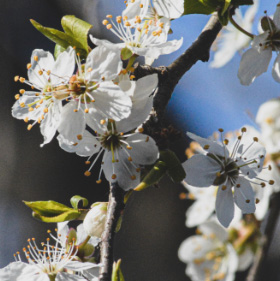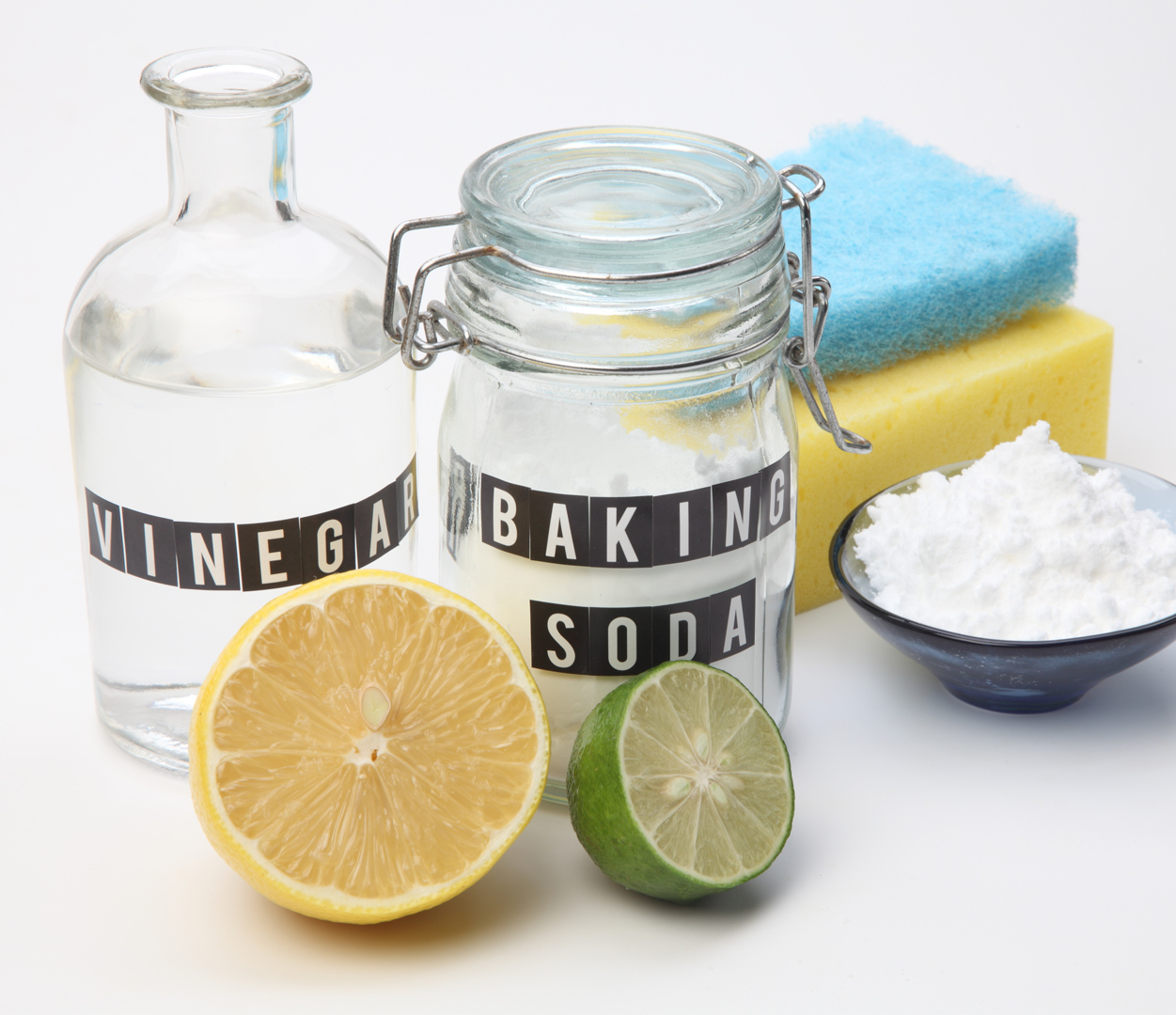Kick the Coughing
and Breathe Free
Your asthma triggers are unique to you. They can cause coughing, wheezing, tightening of the chest and trouble breathing (an asthma flare-up), which can lead to an asthma attack. Your doctor can help you pinpoint your triggers and manage your symptoms. When you know your triggers, you’ve got the power to stop flare-ups before they start.
Do you know your asthma triggers?
Download the Trigger ChecklistDiscover some of the
most common indoor asthma triggers hidden within a home
Gain control by touring our interactive 3D house and learn how to reduce asthma triggers.
to Rotate
Common Asthma Triggers / Pollen

- Keep windows closed during pollen season.
- Do indoor activities on high-pollen days.
- Ask your doctor about allergy medication.
Common asthma triggers
Triggers can cause asthma flare-ups and attacks. This grid includes some of the most common triggers among people with asthma. Click on a trigger to reveal tips for how to steer clear of it.
Cockroaches
- Don’t leave food or trash uncovered.
- Clean up spills and crumbs right away.
- Keep food out of the bedroom.
- Keep cooking grease in the refrigerator.
- Fix leaky pipes right away.
Colds
- Avoid contact with others who have colds.
- Wash your hands often.
- Don’t share drinks.
- Keep your hands away from your eyes, mouth and nose.
Dust Mites
- Use pillow and mattress encasements.
- Wash sheets and blankets in hot water each week.
- Wash stuffed animals regularly and keep them out of sleeping areas.
- Vacuum with a HEPA vacuum cleaner.
Exercise
- Talk to your doctor about what you should and shouldn’t do.
- Warm up and cool down 5-10 minutes before and after exercising or playing sports.
- Have your rescue inhaler readily available.
Mold
- Fix leaky faucets, pipes or other sources of water.
- Clean mold-covered surfaces with hot water and soap.
- Use a dehumidifier in damp or musty-smelling areas such as basements.
Pet Dander
- If possible, keep furry and feathered pets out of the home.
- Keep pets away from sleeping areas.
- Wipe pets with a damp cloth when they enter the home.
- Wash hands after petting animals.
Pollen
- Keep windows closed during pollen season.
- Do indoor activities on high-pollen days.
- Ask your doctor about allergy medication.
Pollution
- Avoid traveling during rush hour.
- Check local air quality forecasts and stay indoors when air quality is poor.
- Keep your car windows closed, especially in traffic.
Smoke
- Do not allow smoking in the home, car or around people with asthma.
- Ask your doctor for assistance to stop smoking
Strong Emotions
- Find ways to stay calm and express yourself without yelling.
- Remember to breathe deeply and slowly when feeling stressed, upset or angry.
- Learn techniques such as mindful breathing and observation to manage stress.
Strong Smells
- Avoid strong odors and sprays, even those that are thought to smell good.
- Mix and use your own low-odor cleaning products.
- Follow product instructions and use them in a well-ventilated area.
Weather
- Avoid going outside in extreme cold or hot weather.
- Cover your mouth and nose with a scarf in cold weather.
- Keep the temperature inside your home near 71 degrees F.
Common asthma triggers
Triggers can cause asthma flare-ups and attacks. This grid includes some of the most common triggers among people with asthma. Click on a trigger to reveal tips for how to steer clear of it.
Cockroaches
- Don’t leave food or trash uncovered.
- Clean up spills and crumbs right away.
- Keep food out of the bedroom.
- Keep cooking grease in the refrigerator.
- Fix leaky pipes right away.
Colds
- Avoid contact with others who have colds.
- Wash your hands often.
- Don’t share drinks.
- Keep your hands away from your eyes, mouth and nose.
Dust Mites
- Use pillow and mattress encasements.
- Wash sheets and blankets in hot water each week.
- Wash stuffed animals regularly and keep them out of sleeping areas.
- Vacuum with a HEPA vacuum cleaner.
Exercise
- Talk to your doctor about what you should and shouldn’t do.
- Warm up and cool down 5-10 minutes before and after exercising or playing sports.
- Have your rescue inhaler readily available.
Mold
- Fix leaky faucets, pipes or other sources of water.
- Clean mold-covered surfaces with hot water and soap.
- Use a dehumidifier in damp or musty-smelling areas such as basements.
Pet Dander
- If possible, keep furry and feathered pets out of the home.
- Keep pets away from sleeping areas.
- Wipe pets with a damp cloth when they enter the home.
- Wash hands after petting animals.
Pollen
- Keep windows closed during pollen season.
- Do indoor activities on high-pollen days.
- Ask your doctor about allergy medication.
Pollution
- Avoid traveling during rush hour.
- Check local air quality forecasts and stay indoors when air quality is poor.
- Keep your car windows closed, especially in traffic.
Smoke
- Do not allow smoking in the home, car or around people with asthma.
- Ask your doctor for assistance to stop smoking
Strong Emotions
- Find ways to stay calm and express yourself without yelling.
- Remember to breathe deeply and slowly when feeling stressed, upset or angry.
- Learn techniques such as mindful breathing and observation to manage stress.
Strong Smells
- Avoid strong odors and sprays, even those that are thought to smell good.
- Mix and use your own low-odor cleaning products.
- Follow product instructions and use them in a well-ventilated area.
Weather
- Avoid going outside in extreme cold or hot weather.
- Cover your mouth and nose with a scarf in cold weather.
- Keep the temperature inside your home near 71 degrees F.

CREATE A
HEALTHY HOME
Breathe better when you clean the natural way with simple, green solutions.




